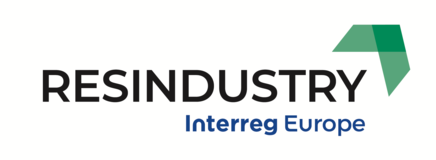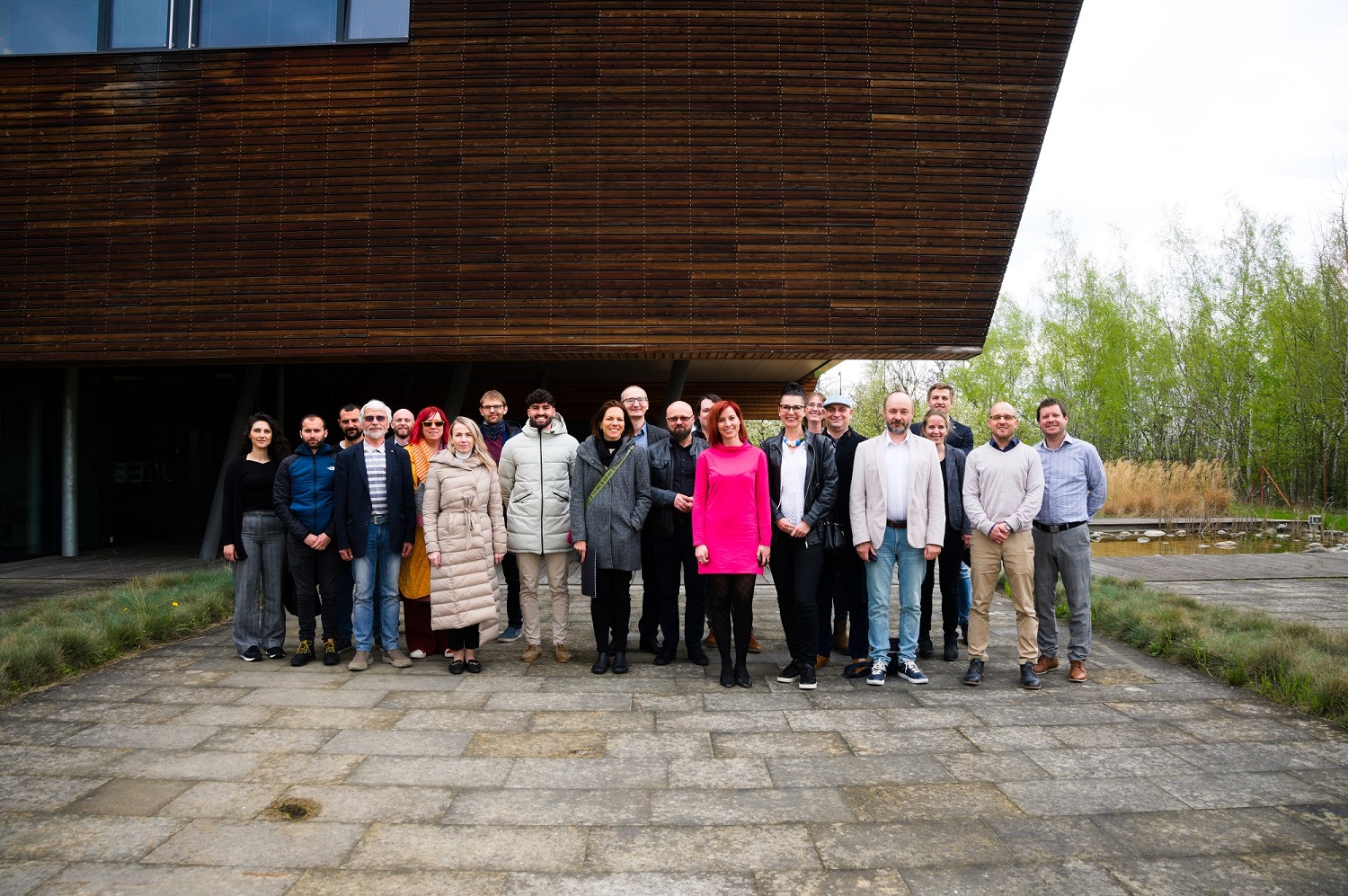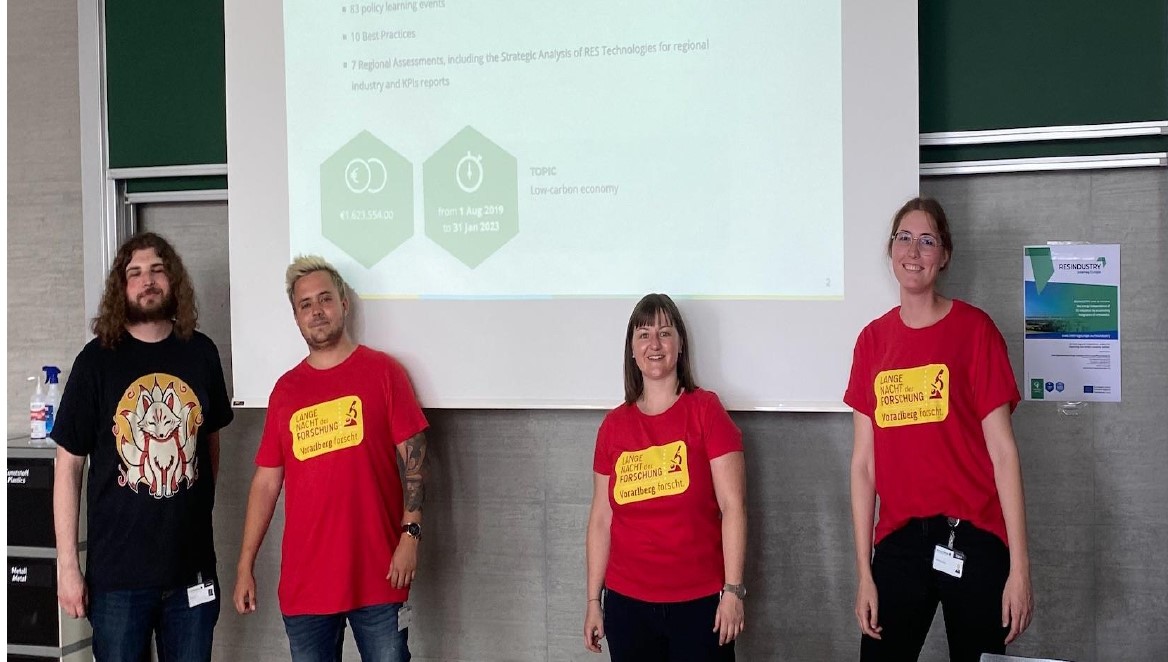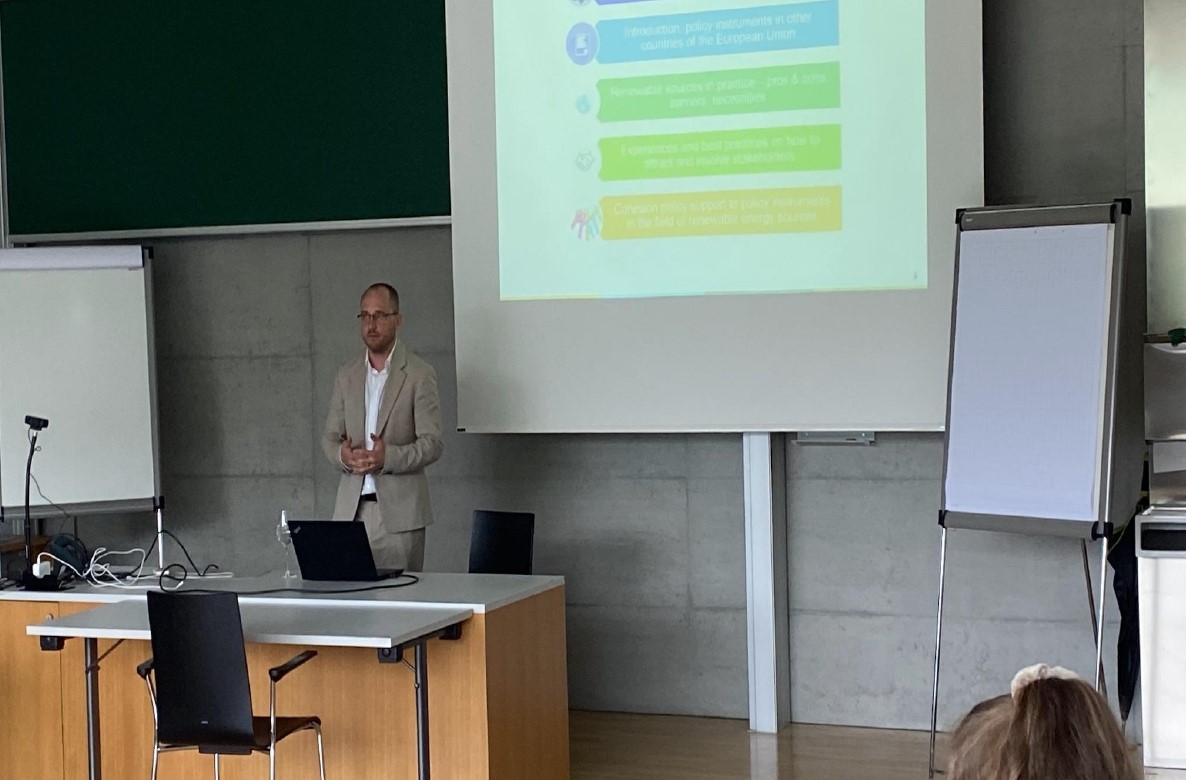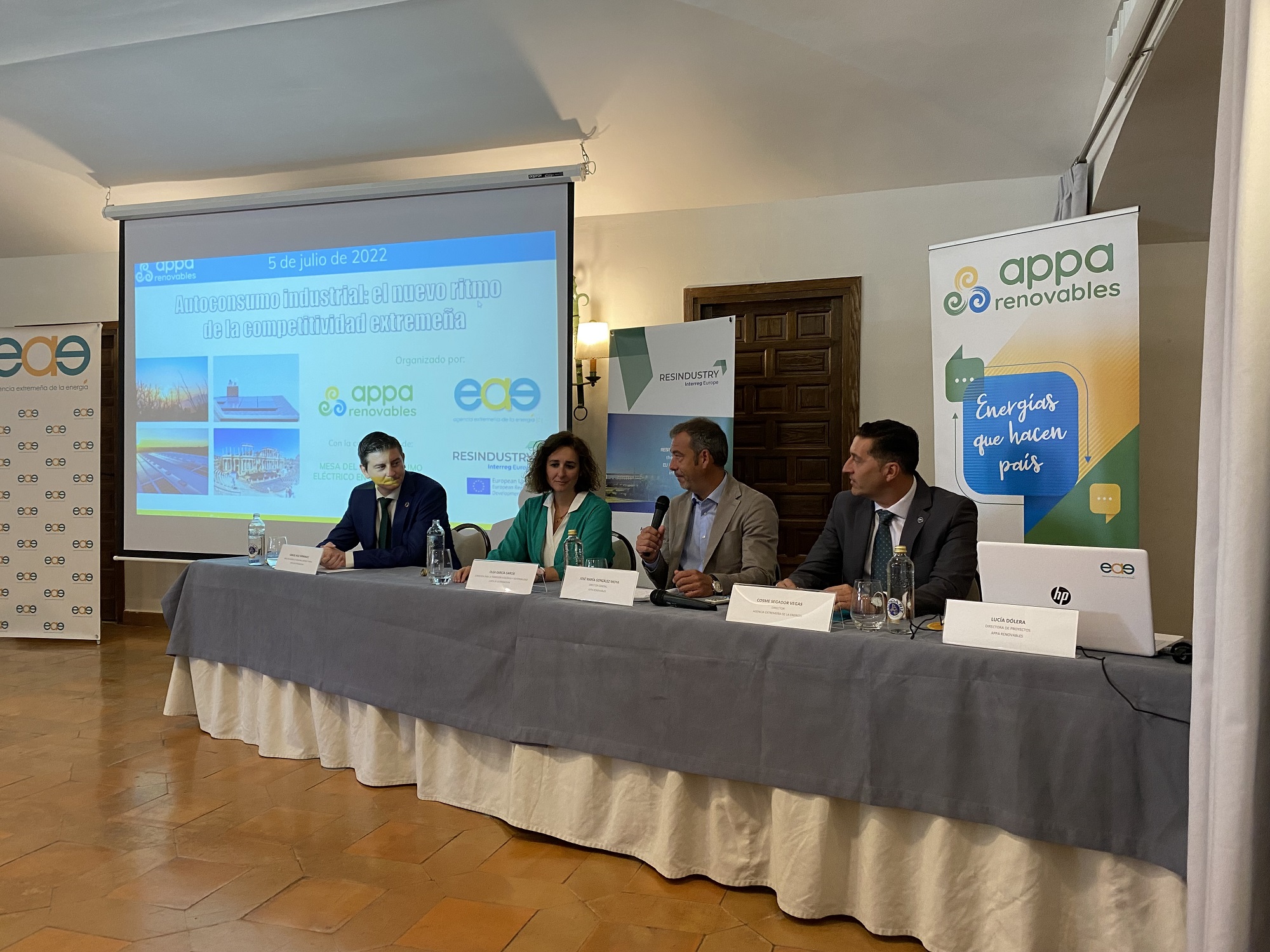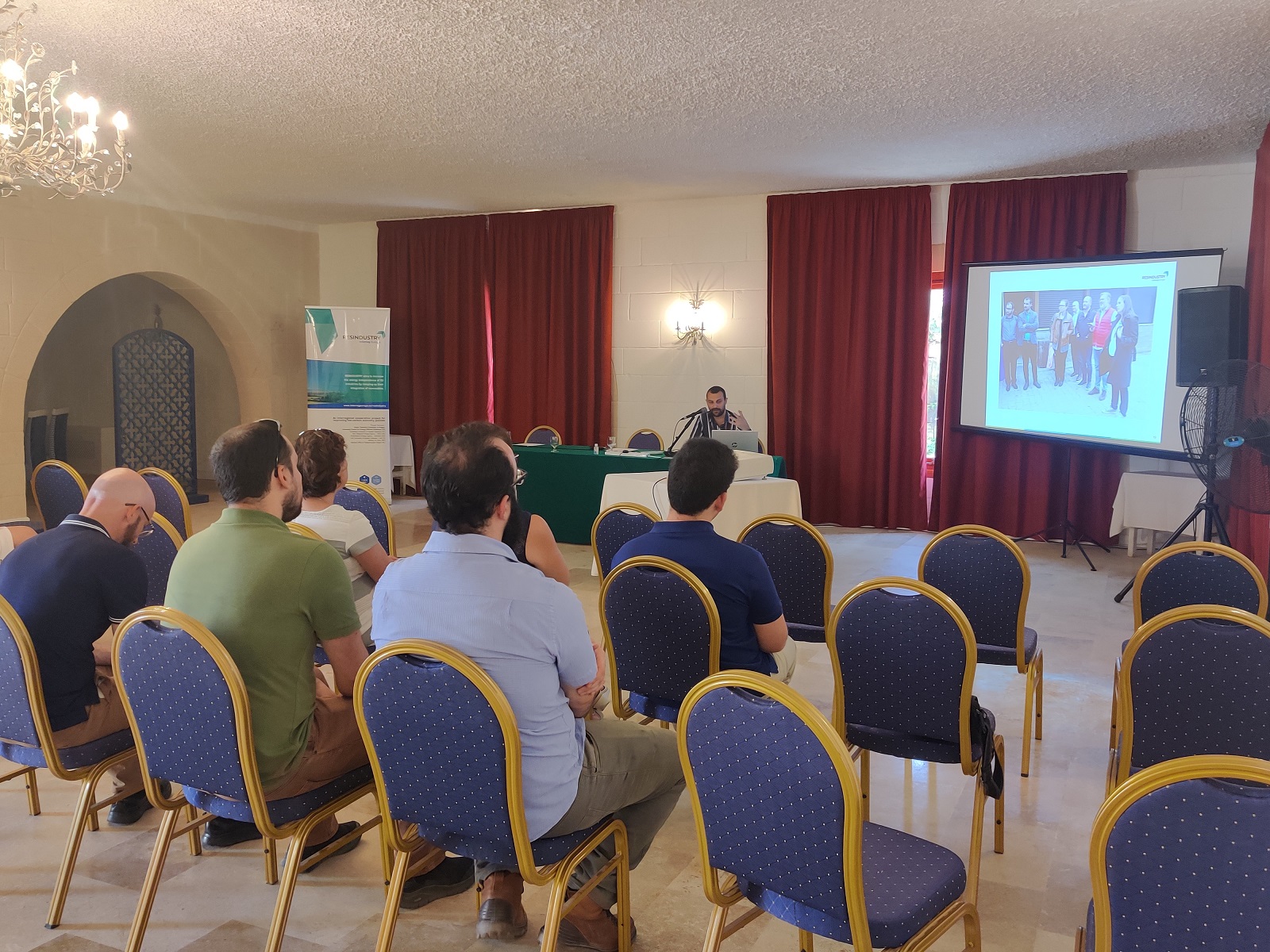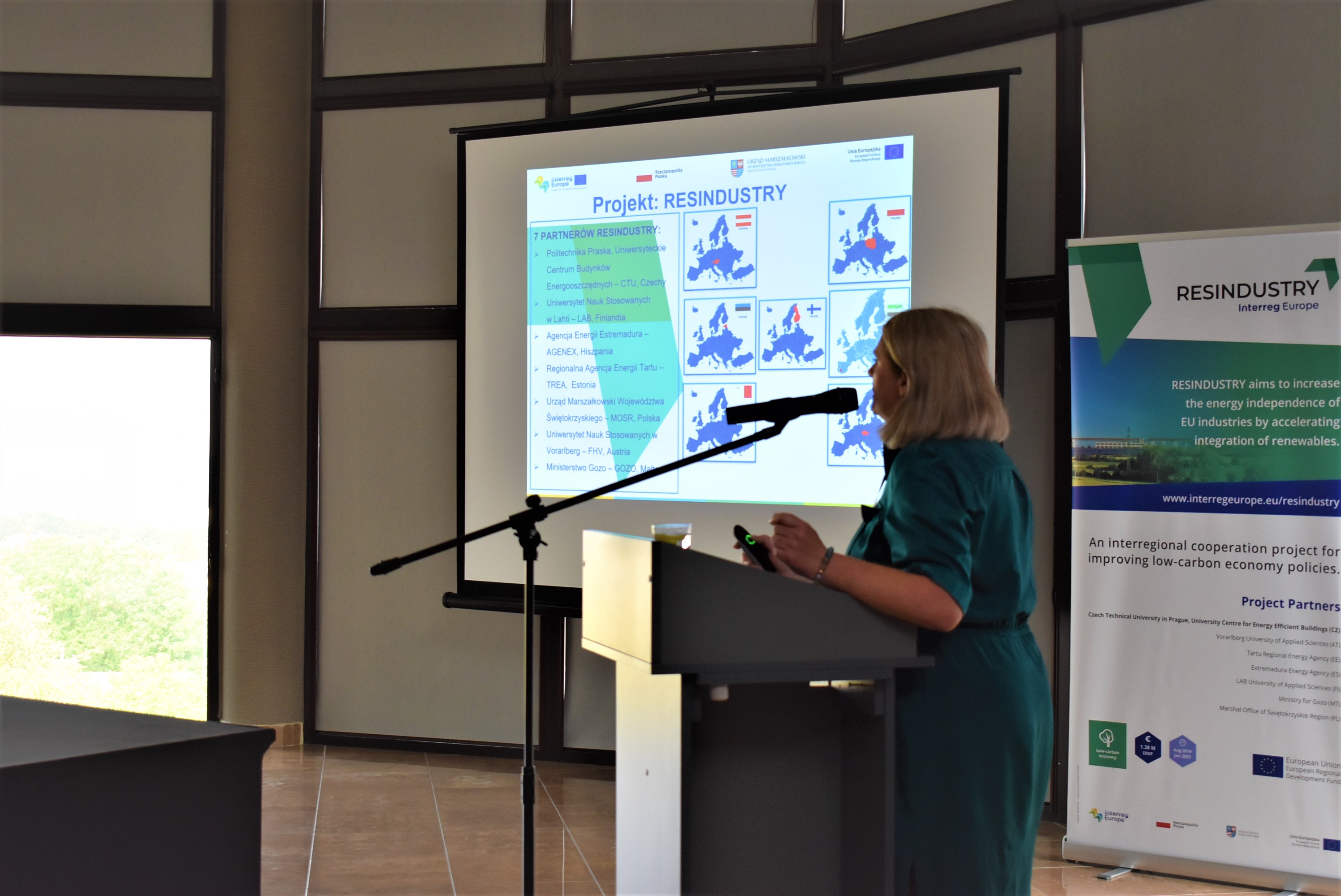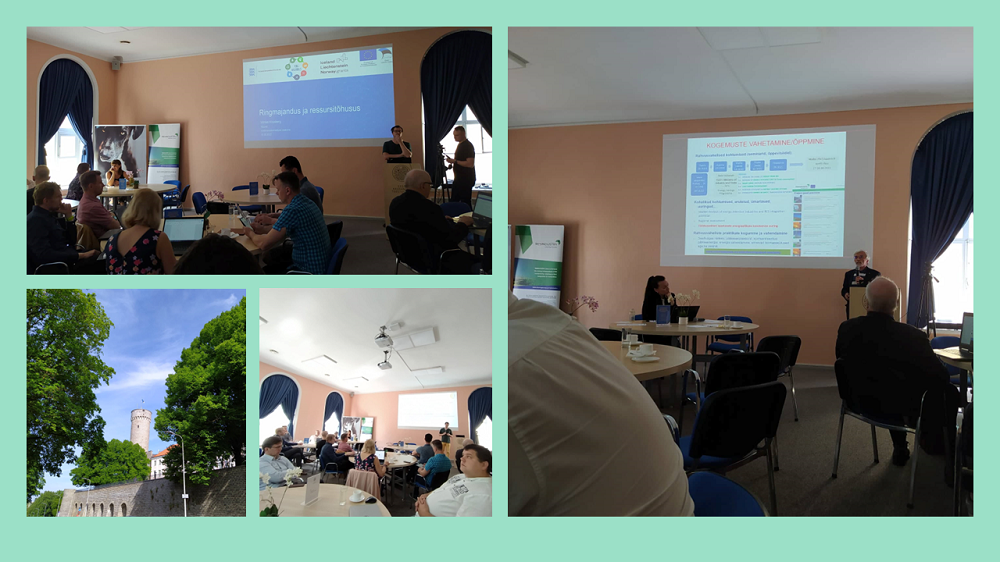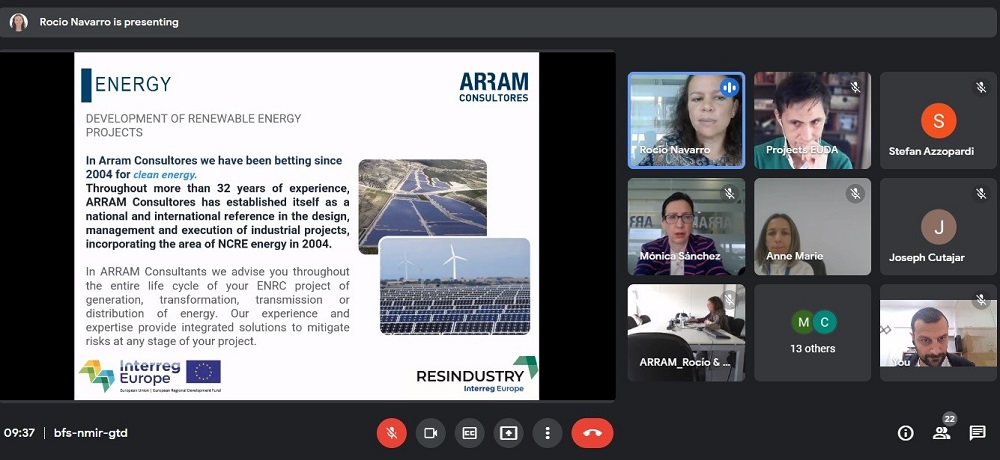On the 10th of June dissemination event of upcoming measures took place on the premises of the Chamber of Industry and Commerce in Tallinn, it was organized in cooperation with the Estonian Chamber of Commerce and Industry and managing authorities. The event included presentations from the Ministry of Environment, Ministry of Economic Affairs and Communications, Environmental Investment Centre, Ministry of Rural Affairs, Consumer Protection and Technical Regulatory Authority and Tartu Regional Energy Agency.
In addition to the industry’s resource efficiency measure new call introduction, RESINDSUTRY activities and project contribution into an action plan for the development of the measure, also the other measures currently in development aimed at industry and as well agriculture sector enterprises were introduced to the extent possible today. Among future measures, the results of previous measures were presented, including the results of resource efficiency and savings in large companies. Benefits and examples of energy audits prepared by external experts were presented, which included examples from JAPS and A. Le Coq that were identified in the RESINDSUTRY project.
Participants of the event, 36 of whom were on-site and 32 online, asked many questions that generated several further discussions. Several questions concerned detailed aspects of measures, in particular, the conditions of the measure and the eligible costs, state aid etc. Although many of the measures presented are about to start in the summer or autumn, also many next years and because of that many questions could not be answered in the final today as multiple conditions are still in a debate at the national level or with European Commission.
Many measures have started to take greenhouse gas reductions into account in their assessments or thresholds and it is foreseen that importance of GHG calculation and reduction will only increase in the future. Just taking more account of GHG emissions reduction in the future measure will help to achieve the renewable energy goal in the industry which has been also one of the RESINDSUTRY’s goals. On the other hand, the calculation methodology raised a lot of questions as there is no comprehensive and agreed practice in Estonia for the calculation. At least in the original measures, there is a case-by-case approach that will base on external experts, auditors, and competence.
To summarize, innovative solutions and the measures and support that help to implement the are awaited from enterprises, as consumer awareness of sustainability has been raised and consumers are looking for greener products as well the energy crises with vasty risen energy and resource prices are influencing enterprises to implement solutions to decrease production price and increase competitiveness.
